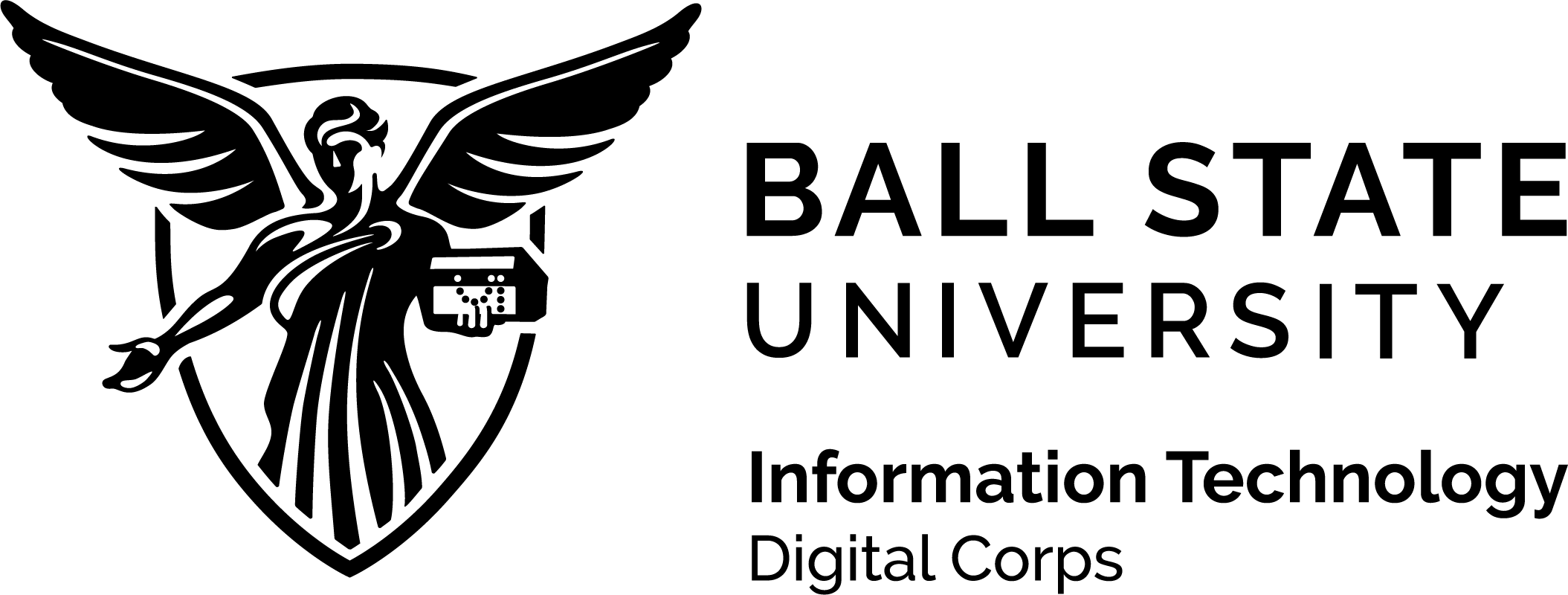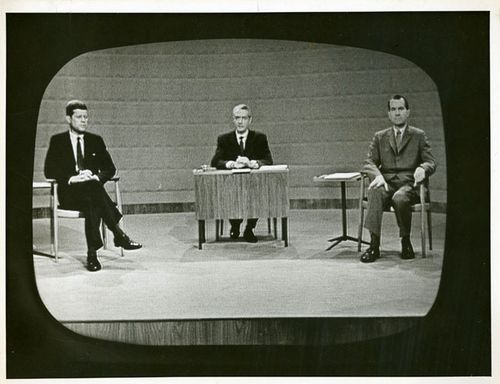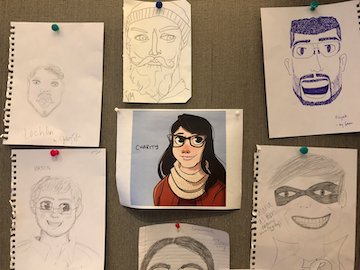One of our seven Digital Corps values is bringing students with different skillsets together in an interdisciplinary workplace. The staff and students encourage each other to exercise their personal strengths. In an effort to bring Corps students closer to their strengths, they turned to the Father of Strengths Psychology himself, Don Clifton, and his unique ideas about how to incorporate and embrace your natural strengths.
Finding Your Strengths
After returning from World War II, Don Clifton wanted to focus his attention onto bettering humankind. He began intensive psychological research at the University of Nebraska-Lincoln library, where he found many books detailing people’s weaknesses but none on people’s wide array of talents.
This raised a driving question: What would happen if we studied what people succeeded at versus what they struggled with?
After 25 years of research, Clifton (later nicknamed the Father of Strengths Psychology) introduced his first book, Now, Discover Your Strengths. It focused on how people can utilize their different strengths in various aspects of their lives, such as making optimal career choices that aligned with their natural talents. The book accompanied an assessment of 177 questions, allowing readers to discover their strengths and read explanations about them.
Clifton’s assessment shows people their top five strengths. However, a full test reveals all 34 strengths in order of most to least prominent. The 34 strengths are broken down into four categories: Strategic Thinking, Executing, Influencing, and Relationship Building. This allows test takers to see what some of their broader strengths may be.
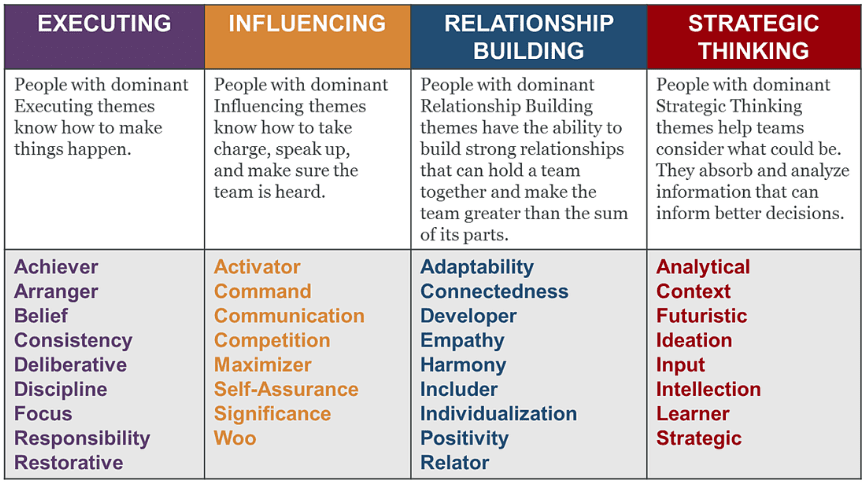
The Ball State U Have Talent Initiative
Ball State is looking to bring students closer to their strengths through the Ball State U Have Talent initiative. One component of this initiative is the CliftonStrengths assessment through the Ball State Entrepreneurial Leadership Institute. Other departments are exploring topics like creativity, entrepreneurial learning, problem-solving, and conflict resolution.
Students at the Digital Corps took the test at the beginning of the semester, receiving their top five strengths. Then, all Digital Corps staff and students attended a two-hour training session with members of the Ball State University Entrepreneurial Leadership Institute to hone in on their strengths. The workshop, led by Kyleigh Mazer and Rob Mathews, brought students closer to their strengths by helping them identify when they can use their strengths in the workplace. They also helped students understand each other better by challenging them to think about strengths other than their own.

Digital Corps Director Brandon Smith said that students learning their strengths is only step one of a longer process.
“I think step one is an awareness piece, and step two is implementation,” he said. “How do you take what you’ve learned and improve your work, your engagement at work, and improve your satisfaction with work?”
Corps Involvement
The Digital Corps was chosen for this initiative’s first year because of staff’s willingness to engage in new projects and ideas. Smith, along with other staff, are “happy to be on the cutting edge of new ideas, new approaches, new technologies, so [the Digital Corps is] a good fit in that regard.”
Smith attributes the initiative’s current success to the widespread comradery at the Corps. “When you’ve got a team that cares so much about each other, they want to help each other leverage their strengths,” he said. Corps students and staff want to “understand each other’s strengths, and they enjoy getting to know each other talking about each other’s strengths.”
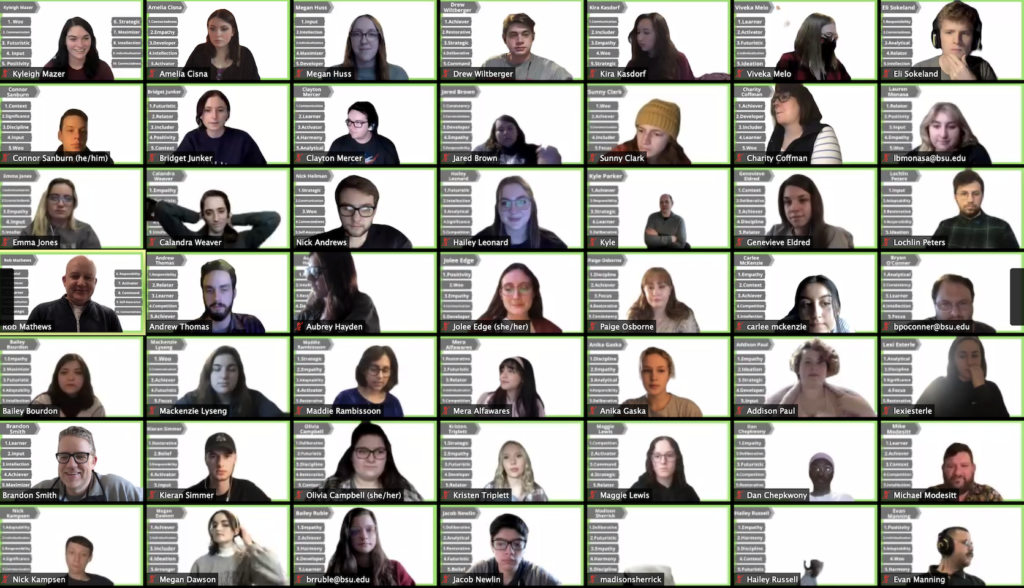
After the workshop, the Corps has been working to integrate strengths into daily conversation. For example, the Communication Team got to know each other’s strengths in a team meeting by writing about fellow team member and exploring how they use one of their top five strengths in the workplace. This exercise allowed members of the Communication Team to familiarize themselves with each other’s strengths and grow to appreciate them on a deeper level.
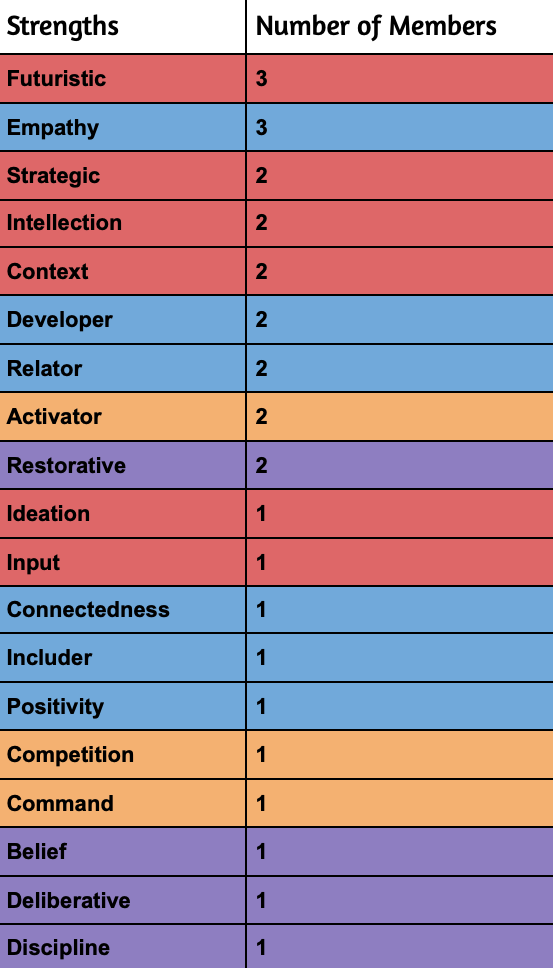
The most common strength among Corps students and staff is Futuristic, with 29.5% of Corps employees having it somewhere in their top five. People with the Futuristic strength draw inspiration from the future and its possibilities, which aligns with one of our Corps values of preparing students for the professional workplace.
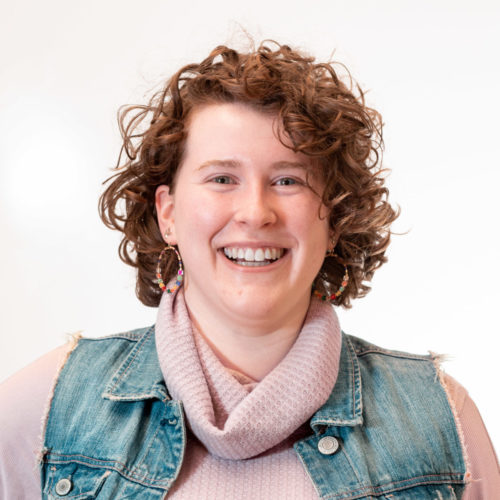
Digital Corps staff, masters, and graduate assistants received extra strengths training a month after the workshop. Communication Master Addison Paul has enjoyed learning about her peers’ strengths.
“As a master and a JPM, I try my best to help people feel comfortable and supported and knowing that people value those skills in the workplace makes me happy to bring them into projects every day,” said Paul.
Much like Paul, Project Management Specialist Drew Wiltberger thinks that it is important to know what motivates the people on projects he manages.

“A large part of my job as a project manager is making sure people are still motivated to do their job,” he said. “To know what motivates them inherently on an individual level is something that I think would be really beneficial to me.”
What’s Next?
According to Charity Coffman, Assistant Director at the Digital Corps and Ball State U Have Talent Ambassador, the long-term goal of the Ball State U Have Talent initiative is to spread leadership throughout campus and help students build upon their skills. Coffman says the goals of the ambassadors are to “build up a culture where we can have a common vocabulary and a common focus” throughout the University.

While this is only the program’s first year, Coffman hopes that it will continue to grow, giving students the proper resources they need to better connect with their strengths, such as working with career coaches that have this training. She also wants to integrate strengths into the Corps’ identity, much like our seven Corps values.
The Digital Corps is looking forward to taking part in the growth and development of the Ball State U Have Talent initiative. Students have valued learning about their peers’ talents and motivations. Staff hopes to bring current and future Corps employees closer to their strengths and cultivate a workplace culture of celebrating success.
